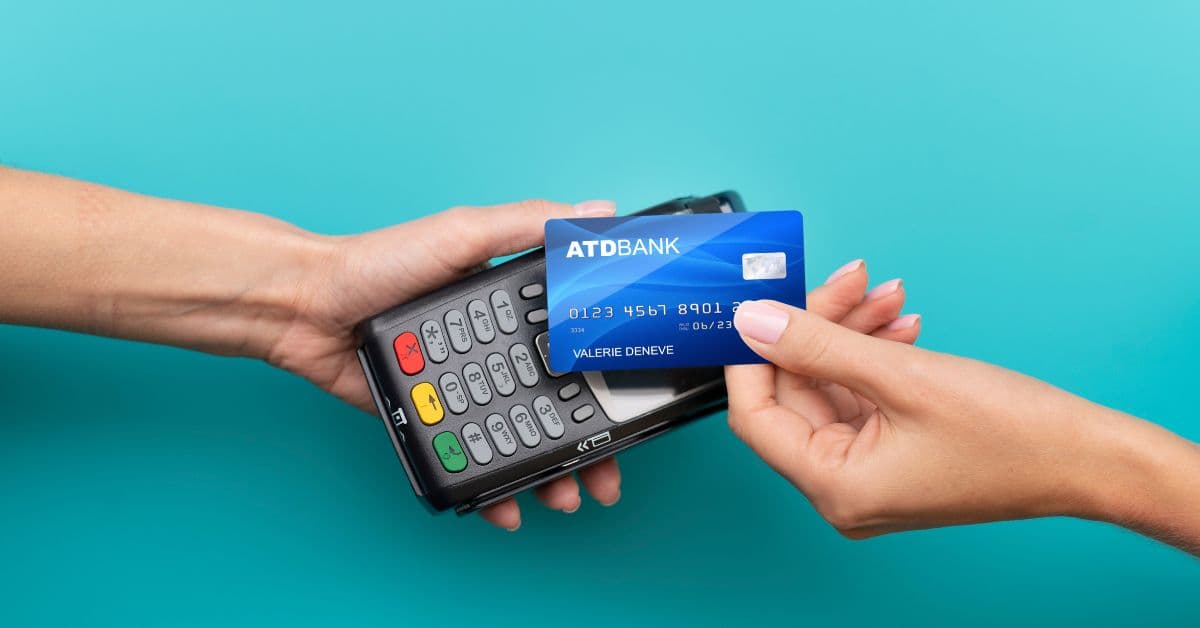scroll for more! ⟶
Cinchy Blog / Can I Use My Debit Card to Exchange Money in Bali? A Complete Guide
Can I Use My Debit Card to Exchange Money in Bali (A Guide for Foreigners & Locals)
Published: 28 Sep 2025
By Ulfah Alifah
Travel Enthusiast

Book Your Ride in Just 1 Minute!
Free Cancellation
24/7 Support
Insurance
Start Date - End Date
Start Time
End Time
Duration
0 Day(s)
Yes, you can use your debit card to get money in Bali, but there are smart ways to do it. Both foreigners and locals can use debit cards at ATMs and for direct payments. However, getting the best rates and avoiding high fees requires knowing which methods work best.
Understanding Money in Bali
Bali uses the Indonesian Rupiah (IDR) as its official currency. You'll see prices written as Rp or IDR, with common notes being 50,000 IDR and 100,000 IDR. The exchange rate changes daily, but as of 2024, roughly 15,000-16,000 IDR equals 1 USD.
Important note: By Indonesian law, all transactions in Bali must be in Rupiah. You cannot pay directly with foreign currency like USD or AUD at most businesses.
Using Your Debit Card in Bali
1. Direct Card Payments
Most hotels, restaurants, and larger shops accept Visa and Mastercard debit cards. However, many places charge a 3% fee for card transactions. This fee isn't regulated in Indonesia, so it varies by business.
Where cards work well:
Hotels and resorts
Large restaurants
Shopping malls
Tour operators
International chains
Where you need cash:
Local markets
Street food vendors
Small shops
Temple entrance fees
Parking fees
2. ATM Withdrawals
ATMs are the most common way to use your debit card for money exchange in Bali. They're available throughout tourist areas and generally safe when used correctly.
Best ATMs to Use in Bali
1. Recommended ATM Banks
BCA (Bank Central Asia) - The top choice for most travelers. These ATMs offer:
No withdrawal fees for many international cards
Maximum 3,000,000 IDR per transaction
Wide availability across Bali
Good security features
BNI (Bank Negara Indonesia) - Second best option:
Usually no fees
Reliable service
Found in most tourist areas
Bank Mandiri - Acceptable alternative:
May charge small fees for some cards
Dispenses 50,000 IDR notes instead of 100,000 IDR
2. ATMs to Avoid
Commonwealth Bank ATMs - Despite being familiar to Australians, these charge higher fees and offer poor exchange rates.
Unknown or unbranded ATMs - These can be unsafe and may have skimming devices.
ATM Safety Tips
1. Before Using an ATM
Check the machine carefully - Look for loose parts or anything suspicious around the card slot
Use ATMs in safe locations - Choose machines inside banks, shopping malls, or well-lit areas with security cameras
Avoid isolated ATMs - Don't use machines in remote areas or on quiet streets
2. During the Transaction
Cover your PIN - Always shield your hand when entering your PIN
Choose local currency - Always select to be charged in Indonesian Rupiah, not your home currency
Wait for your card - Bali ATMs often give money first, then the card. Don't leave without your card
3. Withdrawal Limits and Fees
Most ATMs in Bali allow withdrawals of 2,000,000 to 3,000,000 IDR per transaction. If you need more money, you'll need multiple transactions.
Typical fees:
Your home bank: Usually $2-5 per transaction plus foreign exchange fees
Local ATM fees: Some charge 20,000-75,000 IDR (about $1-5)
BCA and BNI: Often no local fees
Money Changers vs. ATMs
1. When Money Changers Are Better
Money changers often give better exchange rates than ATMs, especially for larger amounts. A good money changer might offer rates 10-20% better than ATM withdrawals.
Best money changer practices:
Use authorized changers with "Bank Indonesia" licenses
Compare rates between several changers
Choose busy locations on main streets
Count your money carefully before leaving
Bring crisp, new bills for the best rates
2. When ATMs Are Better
ATMs work well for:
Small amounts (under $200)
Quick access when money changers are closed
Emergency situations
When you don't want to carry large amounts of cash
Best Practices for Different Travelers
1. For Short Visits (1-4 days)
Use ATMs for convenience. The fees won't add up to much, and you'll have easy access to cash.
2. For Longer Stays (5+ days)
Combine both methods:
Use ATMs for immediate needs upon arrival
Use money changers for larger amounts to get better rates
Keep some cash reserves for emergencies
3. For Budget Travelers
Money changers offer the best value for larger exchanges. Withdraw the maximum amount from ATMs when you do use them to minimize transaction fees.
Preparing Your Debit Card for Bali
1. Before You Travel
Notify your bank - Tell them about your travel dates to prevent card blocking
Check international fees - Understand what your bank charges for foreign transactions
Confirm your daily limits - Make sure they're sufficient for your needs
Get a backup card - Bring a second card from a different bank
2. Consider Travel-Friendly Cards
Cards like Wise or Revolut often offer better exchange rates and lower fees for international use. These can save money compared to traditional bank cards.
Common Mistakes to Avoid
1. Currency Conversion Tricks
When using ATMs or paying by card, always choose to be charged in Indonesian Rupiah. If offered conversion to your home currency, decline it. This "Dynamic Currency Conversion" usually gives worse rates.
2. Airport Exchange
Avoid changing money at the airport unless necessary. Airport rates are typically 5-10% worse than city money changers.
3. Shady Money Changers
Avoid unofficial money changers offering rates that seem too good to be true. These often involve scams or counterfeit money.
Practical Money Tips for Bali
1. Daily Spending Guide
Budget meal: 20,000-50,000 IDR ($1-3)
Mid-range restaurant: 100,000-200,000 IDR ($6-13)
Local transportation: 10,000-50,000 IDR ($0.70-3)
Temple entrance: 15,000-50,000 IDR ($1-3)
2. Keep Small Bills
Many small vendors struggle to make change for 100,000 IDR notes. Ask for smaller denominations (20,000 and 50,000 IDR) when possible.
3. Emergency Backup
Always keep some cash in a separate, secure location in case your card gets lost or blocked.
Special Considerations
1. For Locals
Indonesian residents can use domestic debit cards at any ATM without additional fees. However, international travel cards like Wise might still offer better rates for foreign currency exchanges.
2. For Digital Nomads
Consider opening a local Indonesian bank account if staying long-term. This eliminates foreign transaction fees entirely.
Alternative Payment Methods
Digital Wallets
Many Bali businesses now accept:
QRIS (Indonesian QR payment system)
GoPay and OVO (local e-wallets)
Apple Pay and Google Pay at some locations
These work with international cards but may have setup requirements.
Getting Around Bali with Your Money
Once you have your Indonesian Rupiah sorted, you'll need reliable transportation to explore the island. Rent a scooter to easily travel between ATMs, money changers, and all the amazing places Bali has to offer.
Ready to explore Bali? Book your scooter rental and start your adventure with the freedom to visit any money changer or ATM across the island. Our delivery service brings your ride directly to your location, making your Bali experience hassle-free from day one.
Final Recommendations
Best approach for most travelers:
Bring some cash in crisp USD or EUR bills
Exchange a small amount at the airport for immediate needs
Use BCA or BNI ATMs for additional cash
Find authorized money changers for larger exchanges
Keep cards as backup for hotels and restaurants
Money management strategy:
Use cash for daily expenses and local experiences
Use cards for accommodation and tours
Keep emergency funds in multiple forms
Your debit card is definitely useful in Bali, but combining it with smart cash management will give you the best experience and value for your money.
Start planning your Bali adventure with confidence, knowing you can handle money exchanges like a pro!

